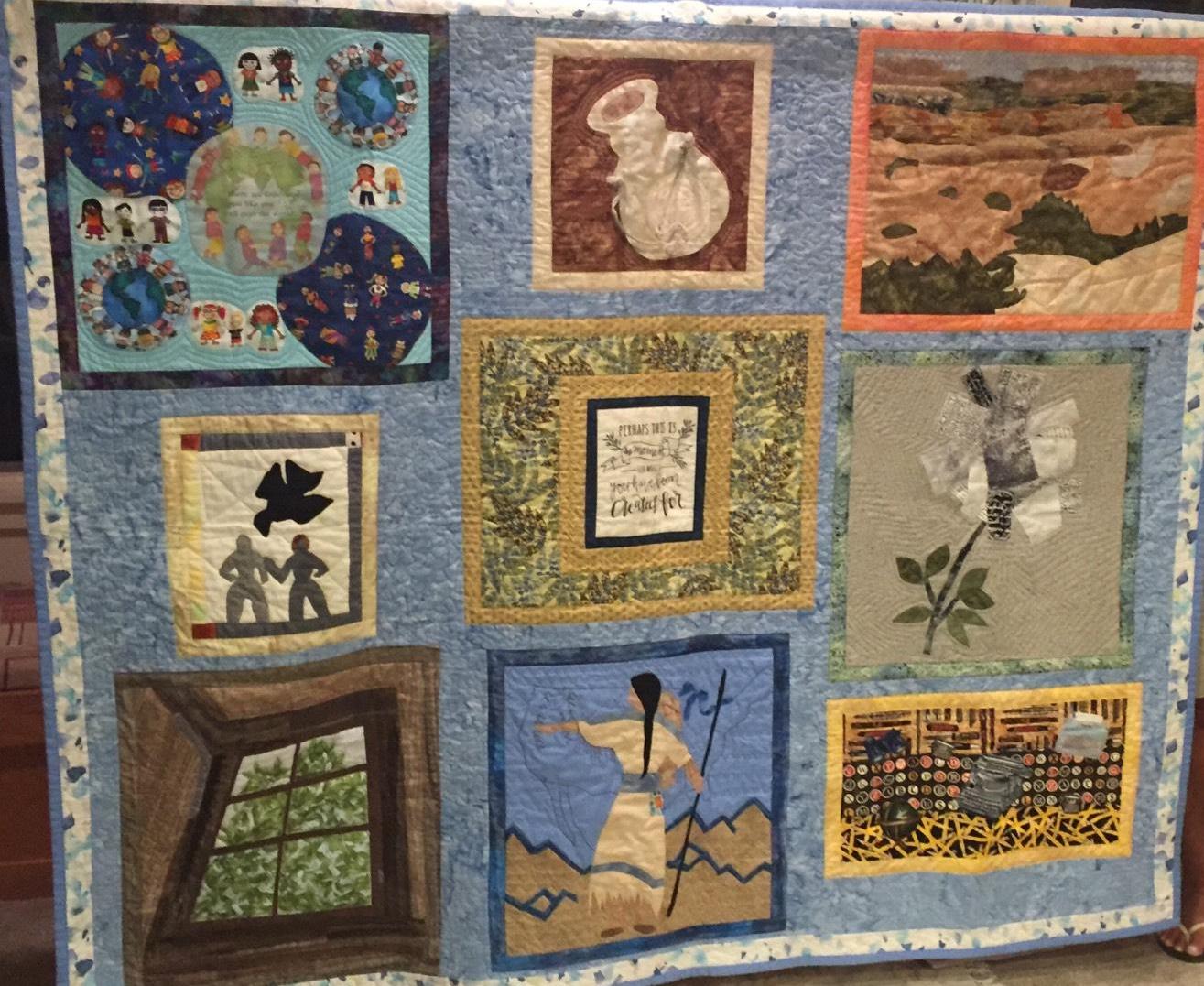Isn’t
it obvious that God deliberately chose men and women
that
the culture overlooks and exploits and abuses, chose these
nobodies
to expose the hollow pretensions of the somebodies?
(1Corinthians
1:28 The Message)
After a deer ran smack into the side of my car, exploding
the window, ripping the mirror off and denting the car’s side to undrivability,
my high school senior granddaughter and I sat among shards of glass. Stunned.
On a northern Michigan country highway we called the right people to come
to help, but then we waited and watched as cars whizzed by to somewhere more
important than the side of the road.
Suddenly there was tapping on the still intact passenger window. A straggly, skinny man with a dirty haired
pony tail and an even dirtier jacket was asking us if we were okay? Wasn’t this the kind of guy I was supposed to
keep my granddaughter safe from? He
narrated how he had seen the crushed windshield and battered car and turned his
truck around to check on us. He stayed with us talking softly, reassuringly,
until the deputy we summoned arrived. Certainly a Good Samaritan.
In Adam Hamilton’s book, The Journey, he points out how Mary, a thirteen year old of
Nazareth, a dusty, dirt-poor village, adjoining the much lovelier, wealthier
Sepphoris, is chosen to bear God’s son.
From the very beginning Jesus dwelled among the nobodies, like our pony
tailed woodsman and even more profoundly, like Dr. Paul Farmer.
Farmer, whose story is narrated eloquently by Tracy
Kidder in Mountains Beyond Mountains, dwells
in a modern day Nazareth, Haiti. He has
spent his lifetime exposing the hollow
pretensions of the somebodies, while demanding and then providing decent,
affordable health care to the millions of third world nobodies the first world
ignores, draws inappropriate conclusions about or worse, administers unsuitable
cures.
Farmer points out to Kidder how sometimes a minor error
in one setting of power and privilege could have enormous impact on the poor
such as the dam at Peligre which devastated homes and farmland. Haitians didn’t
need a dam, they need the basics: clean water, health care, schools, food, and
homes with tin roofs and cement floors.
At one point Kidder observes Farmer administer a spinal
tap to a hurting Haitian young girl. “She’s crying, ‘It hurts. I’m hungry.’ Can you believe it? Only in Haiti would a
child cry out she’s hungry during a spinal tap.” (Kidder, Mountains Beyond Mountains, P. 32) We’re starting to believe it. Farmer and his Partners in Health PIH.org is taking
all they are learning in Haiti and expanding that knowledge to other cultures that
have also been overlooked, exploited and
abused. Also with the intercession of faith based ministries like UMCOR UMCOR.org,
Mission of Hope mohhaiti.org along with Partners in Health there are encouraging glimmers in
Haiti. The ignored individual, the
famished families, the hungry child are being found, one by one, and being
loved as Jesus loved. Changing focus.
Changing perspectives. Changing lives.
And he has given us this command:
Whoever loves God must also love his
brother.
1John 4:21
Haiti mural photo from Google






